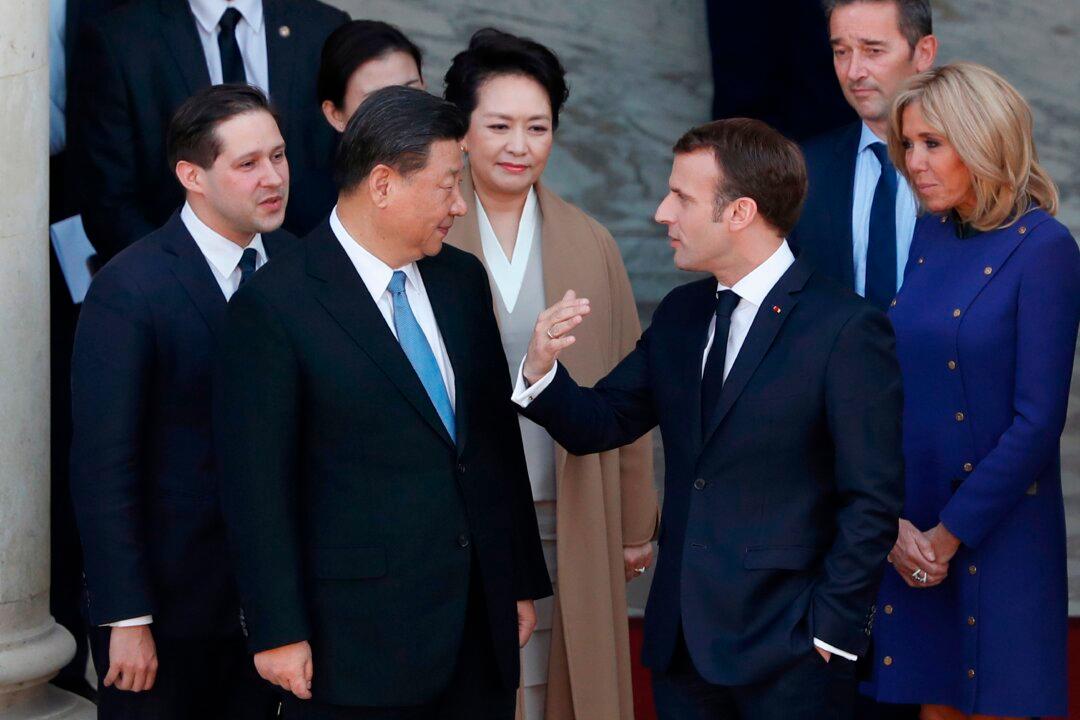Chinese leader Xi Jinping urged countries to uphold multilateral trade principles and criticized protectionist policies, in a veiled swipe at U.S. trade policies, in a speech at a trade fair in Shanghai on Nov. 5.
Xi inaugurated the opening of the China International Import Expo (CIIE), an annual import show in Shanghai from Nov. 5 to Nov. 10, saying more must be done to remove global trade barriers.





